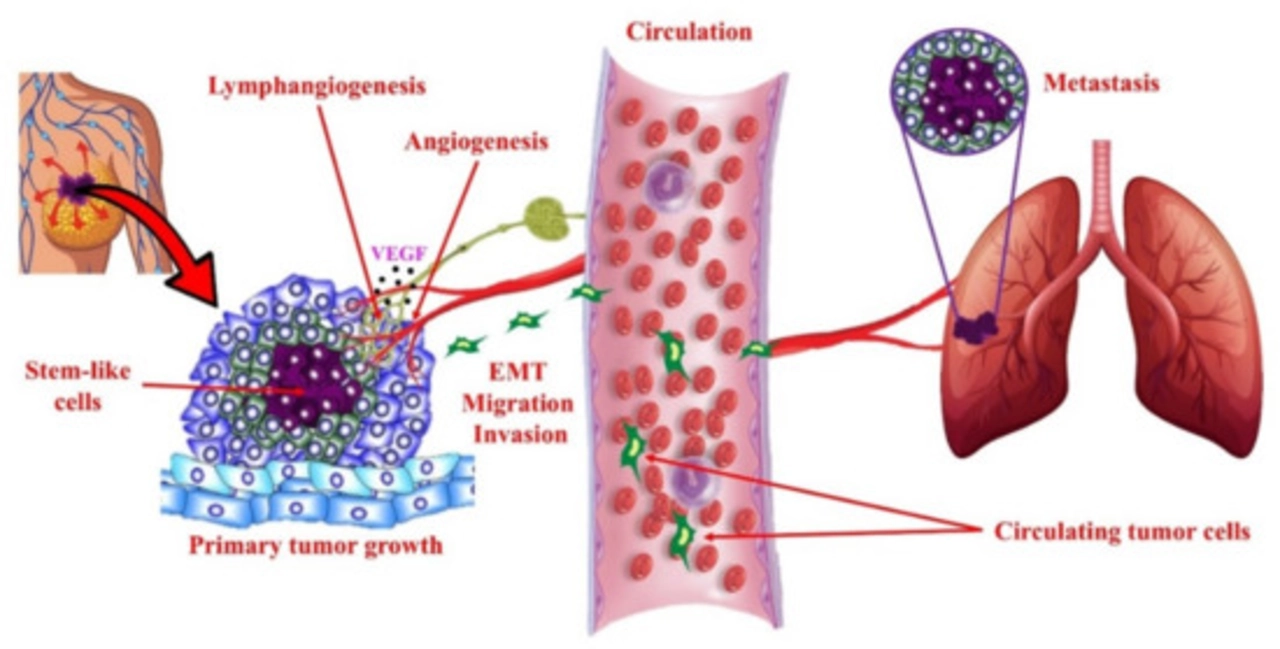What You Need to Know About Tumor Growth
Tumor growth is a tricky topic, but getting the basics down can really help you understand what’s going on inside the body. Tumors happen when cells start multiplying uncontrollably, which is different from how healthy cells behave. This clumping of cells can form lumps that we call tumors, and these can be either benign (not cancerous) or malignant (cancerous). Understanding this difference is crucial because it affects how the tumor behaves and how it might be treated.
Why do tumors grow? It all comes down to changes in the cell’s normal life cycle. Normally, cells divide, grow, and die in a balanced way, but when something disrupts this process, cells can keep dividing without the usual controls. Think of it like the body hitting a stuck gas pedal, causing cells to reproduce nonstop. Sometimes this is due to genetic mutations, environmental exposures, or even infections.
How Does Tumor Growth Affect the Body?
As a tumor grows, it can crowd out normal cells and interfere with how organs work. For malignant tumors, the risk grows because they might invade nearby tissues or spread to other parts of the body, which is what makes cancer dangerous. Not all tumors behave this way, though, so the exact impact depends on the tumor type and location.
Treating tumor growth is all about stopping or slowing those rogue cells. Treatment options vary from surgery and radiation to medications that target cancer cells specifically. Modern medicine also explores how to boost your immune system to better fight tumor cells. Knowing what kind of tumor you have helps doctors pick the best treatment path.
Simple Steps to Stay Informed and Safe
Keeping an eye on your health and noticing changes early can make a big difference. If you spot unusual lumps or symptoms, get them checked out. Also, understanding risk factors like smoking, exposure to harmful chemicals, or family history can guide you to safer habits. And remember, while tumor growth sounds scary, not every lump is cancerous, so experts recommend proper diagnosis before jumping to conclusions.
Understanding tumor growth means learning about how cells can go off track, what signs to watch for, and how treatments work. Being informed helps you take control and have smarter conversations with your healthcare providers.

